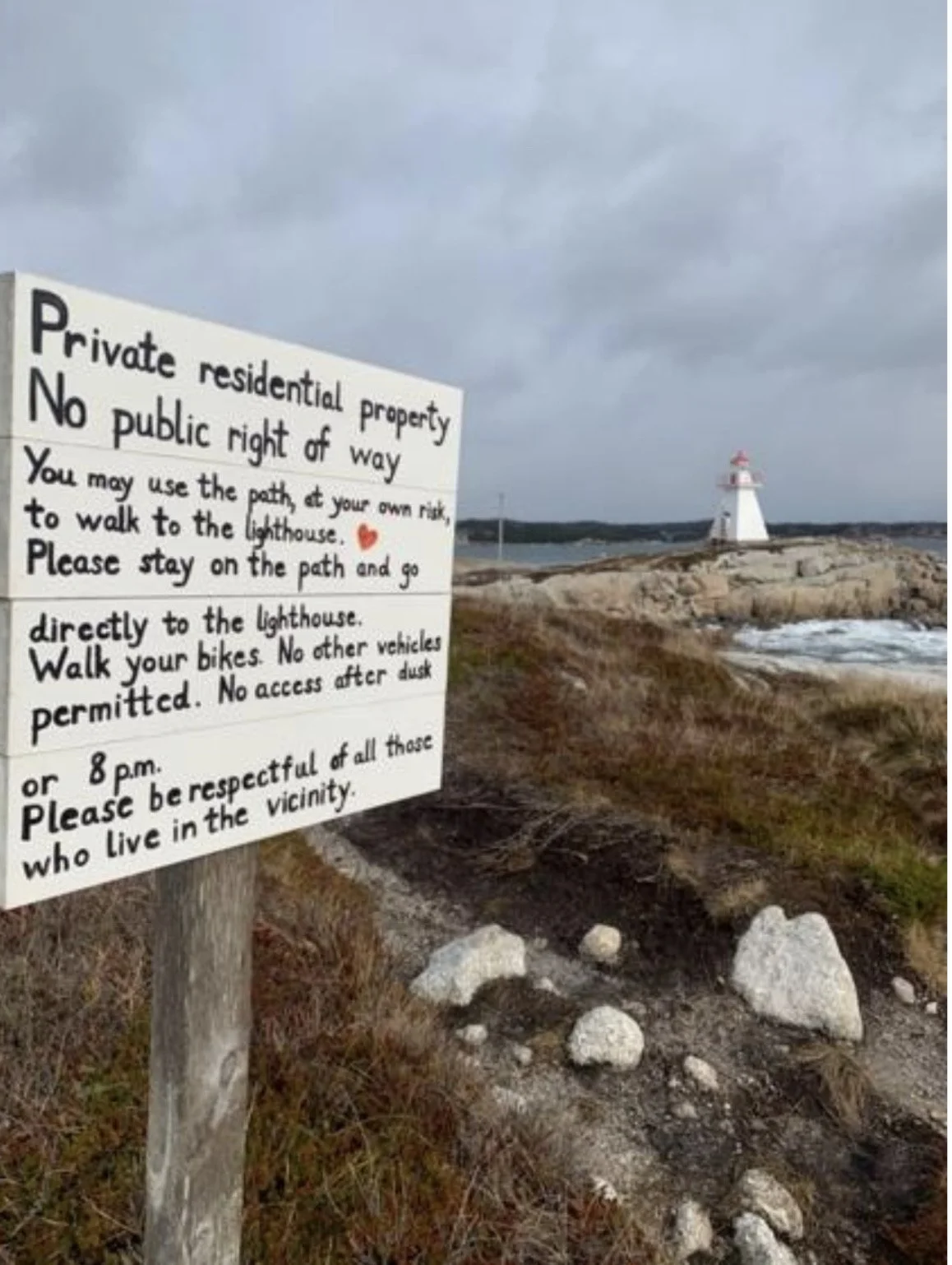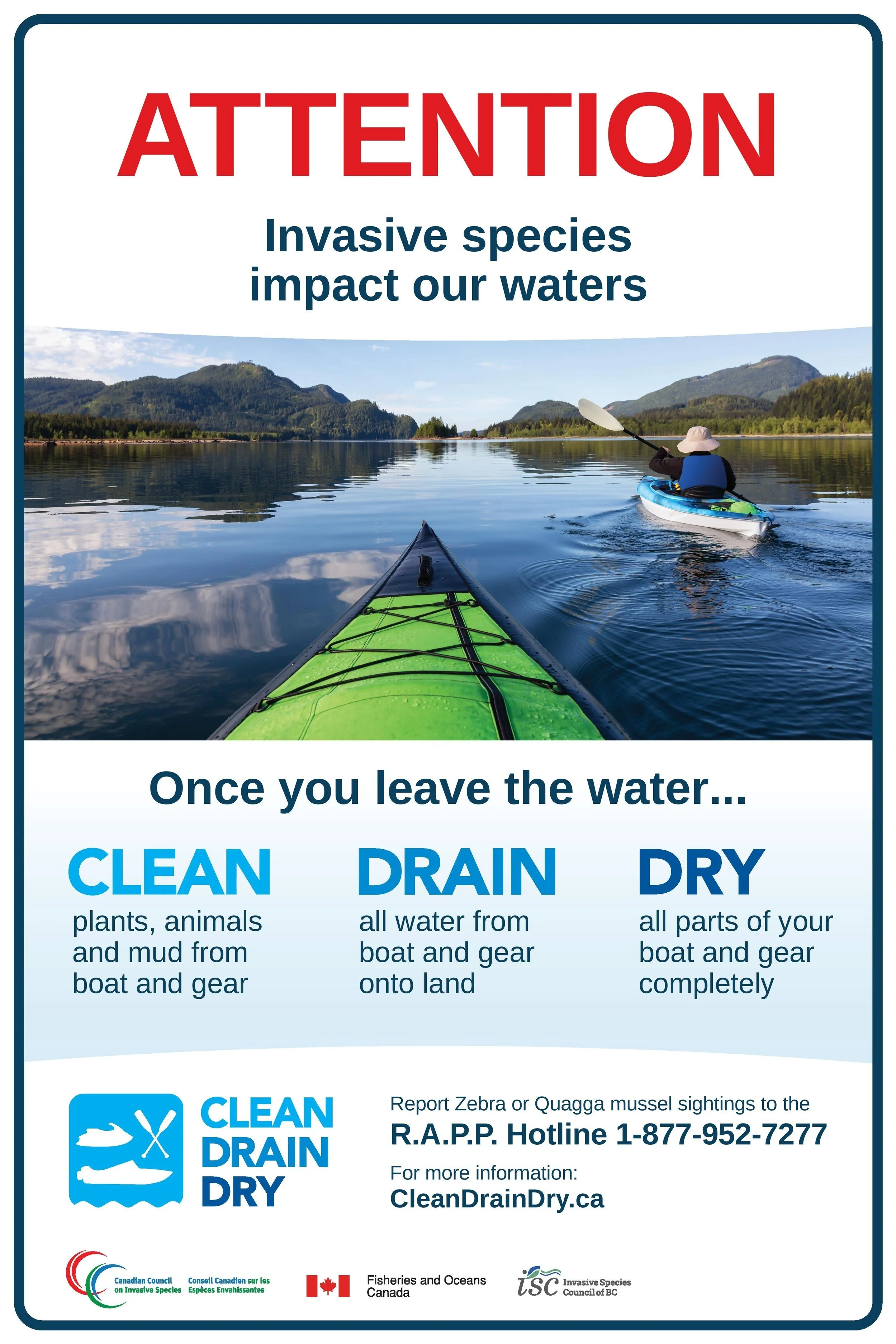
RESEARCH
-
Salmon Futures Project
How should we conserve wild salmon in a changing climate? How can social and ecological relationships with salmon be supported, reciprocated, and sustained in the Anthropocene? This research program explores the future of salmon across their range - particularly the north Pacific and Atlantic - through community and agency partnerships. In particular, this research looks at the human dimensions of hatchery and stocking programs as conservation, restoration, and fisheries support tools and how they might be managed in a climate-impacted future.
-
![]()
Great Lakes Commercial Fisheries
The Great Lakes have been fished since time immemorial by Indigenous fishers, and in more recent centuries by an evolving cast of settler fish harvesters. Today Great Lakes commercial fisheries collectively make up one of the world’s largest freshwater commercial fisheries, yet our understanding of the human side of these fisheries is still rooted in the past. Little is known about the contemporary challenges and opportunities faced by these fish harvesters as they occur in the many unique fishing contexts presented by these stories lakes. This research here focuses on the fish harvesters of the Great Lakes, and the coastal communities in which their fisheries are embedded, including the decline of working waterfronts, generational succession and planning within the fisheries, and community access to local seafood.
-
Coastal Access
Conflicts over access to the coast in coastal communities have been documented across Nova Scotia - and Canada - for many years, especially where private property owner prerogatives intersect with community interests. Worryingly, coastal access issues will likely be exacerbated with the impact of a growing population, increased coastal development, and sea level rise on Canadian coasts as well as the hardening of waterfronts (such as seawalls) to protect private property.
The Coastal Access Project explores how changes to coastal access affects the way people access, live by, and explore the coast. The objective of this project is to foster greater public understanding of coastal access in Canada through research, innovative storytelling, and exploring equitable solutions to the challenges that are emerging.
-
![]()
Aquatic Invasive Species
How should we live with aquatic invasive species, especially when they threaten beloved, iconic species like Atlantic salmon? In this student-led research program, we explore practical and applied questions around management of AIS in a climate-impacted environment. Current research includes conflict between angler groups over AIS management, the value of AIS recreational angling development vs eradication approaches to management, and exploring new ways to live with a changing aquatic world.



